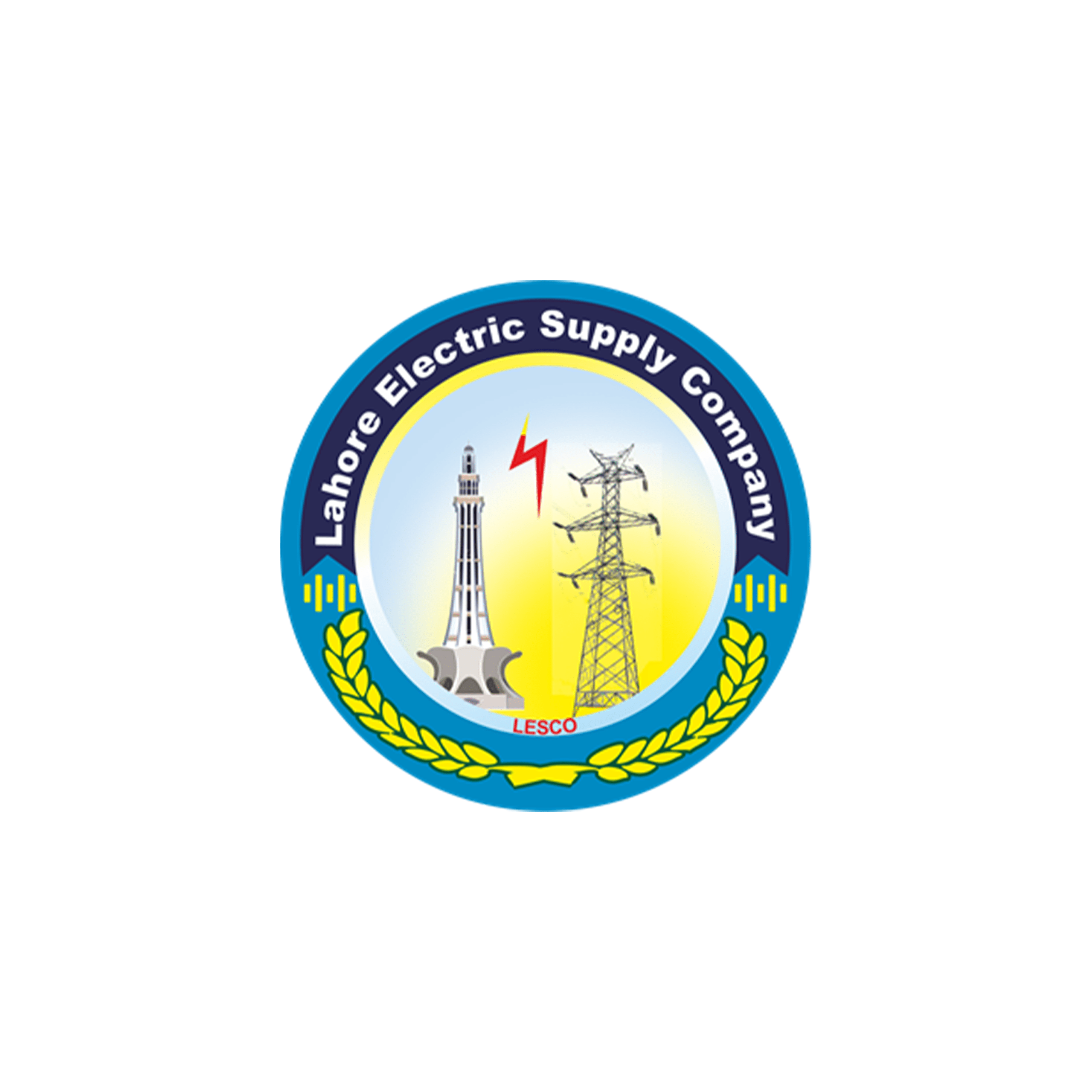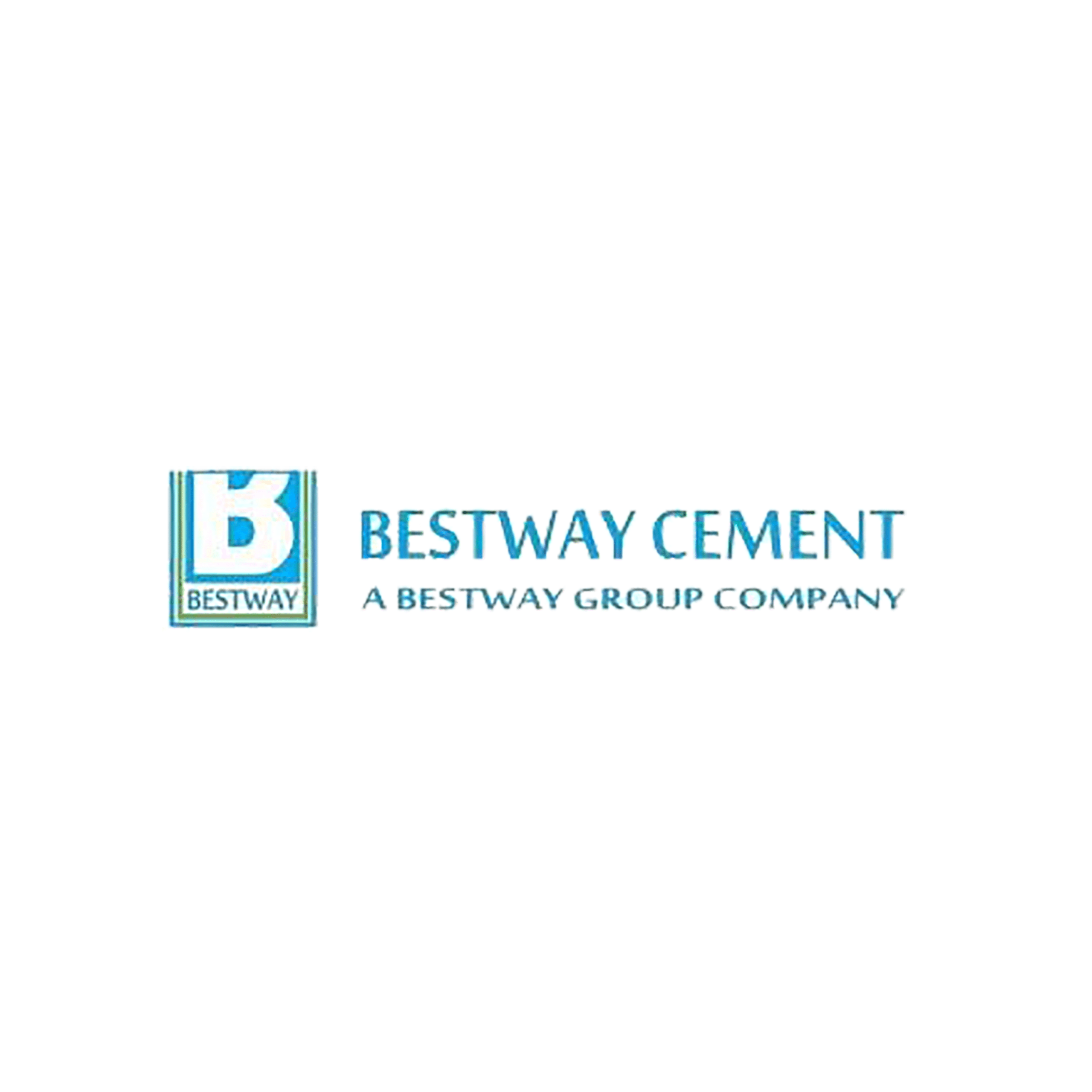Our accreditation and approval from multiple international bodies enable us to provide trainings with standard. Get Your Certification NOW!
Our learning adviser will call you soon.
ISO 9001 is an internationally recognized standard for quality management systems (QMS). Developed by the International Organization for Standardization, ISO 9001 has been updated several times, with the most recent version being ISO 9001:2015. This standard provides a structured framework for a quality management system, including customer focus, leadership, engagement of people, process approach, improvement, evidence-based decision-making, and relationship management.
We offer ISO 9001 consultancy services in Lahore, Islamabad and Karachi, Pakistan for all size and sectors of organizations. For free Quote Call Us at 0335 5277 400.
Achieving ISO 9001 certification in Pakistan is crucial for organizations that want to build credibility, strengthen customer trust, and demonstrate their commitment to quality. In today’s competitive market, clients often demand proof of quality assurance.
ISO 9001 Certification in Lahore, Islamabad and Karachi, Pakistan proves that your organization meets high standards in quality management, positioning you as a reliable choice for clients and business partners. allowing you to access new markets, that demand quality assurance.
Implementing ISO 9001 certification rewards your organization with these advantages:
Abacus International as a best ISO consultancy service provider in Lahore, Islamabad, and Karachi, Pakistan helps your organization to achieve ISO 9001:2015 certification. Here’s what we provide:
Abacus International is leading ISO 9001 consultancy service provider in Pakistan. We have 7+ years of proven track record of helping clients like WAPDA, Engro energy, LESCO, DC Cement and many more in archiving ISO 9001 certification. We assist your organization at every step, from initial assessments to external audit preparation, to meet ISO 9001 standards. Our HSE consultants have 17+ years of experience in the field, that simplify the certification proces.
We understand that every organization is unique. That’s why we offer customized HSE consultancy services designed to address your specific challenges and goals. Our dedication to quality and client satisfaction ensures you receive the best possible support throughout the certification process.






The duration of ISO 9001 consultancy varies depending on the size, scope & objectives and complexity of your organization. It genrally takes 2 to 4 months.
ISO 9001 certification is valid for three years, with periodic audits to maintain compliance.
The cost depends on your organization’s size and specific requirements. Contact us for a free customized quote.